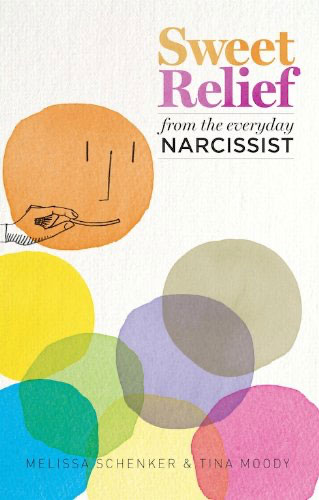I Hate Being Scared…It Scares Me
 There are no tigers in my back yard, no snakes about my feet. Yet there it is—that protective sense deep inside my brain that generates fear. It’s that reaction that comes as an inheritance from the long line of those who have come before me—ancient cave dwellers, medieval servants, settlers on the frontier.
There are no tigers in my back yard, no snakes about my feet. Yet there it is—that protective sense deep inside my brain that generates fear. It’s that reaction that comes as an inheritance from the long line of those who have come before me—ancient cave dwellers, medieval servants, settlers on the frontier.
Foes today don’t seem as obvious as past historical threats, especially from our heated and air-conditioned palace of hindsight—but our ability to perceive fear and to be frightened when we perceive threats—continues to be part of our human experience.
I hate being scared. It scares me. As lifesaving as fear can sometimes be, there are certainly fewer life-threatening hazards in my life than there were in my forebears’ lives. Extreme fear in a more modern time can seem out of place, anachronistic. There are not so many obvious foes on which to focus my fear.
Yet I do find myself frightened, sometimes. Sometimes that fear comes when I allow the external data of my life (what are the numbers in my bank account right now, do I have the right couch for the living room, how many clients am I seeing this week) to figure too much into who I am, I feel a frisson of fear that is difficult to withstand.
When it comes, this unwelcome and debilitating fear claims all my attention. I fear that I am carrying this alone; I feel I can hardly bear it one moment longer.
To manage the pain, I have to return to the basics, back to the beginnings of what I know to do. My seventeen-year-old’s advice comes back to me: “Breathe mommy, you’ll feel better. Really.”
As I pull my attention inward, I notice I can still breathe, I find my feet on this safe, familiar ground—the rising and falling of my breath. It reminds me that I am, that I am OK. This reassurance reinforces a truth beyond the fear—or maybe through the fear—that I am alive and therefore resourceful to face whatever is before me.
This unwanted leap reminds me that I must trust my desire to be fully present to my life, no matter what challenge faces me. My accidental trip into the unknown reinforces what I already know—that I must be open constantly to the change that keeps me alive and moving forward.
It’s a truth many poets, philosophers and fellow sojourners great and small have written about: When you “really stop to look fear in the face…you gain strength, courage and confidence.” Eleanor Roosevelt faced her fears over and over again. You and I can, too.
Breathe into your fear. Pay complete attention to the emotional experieince and the visceral sensations and these will change within 90 seconds. Ignoring the feelings and sensations means they will hang around to get your attention in some other way. But if you attend to things now, the fear will diminish and change.

